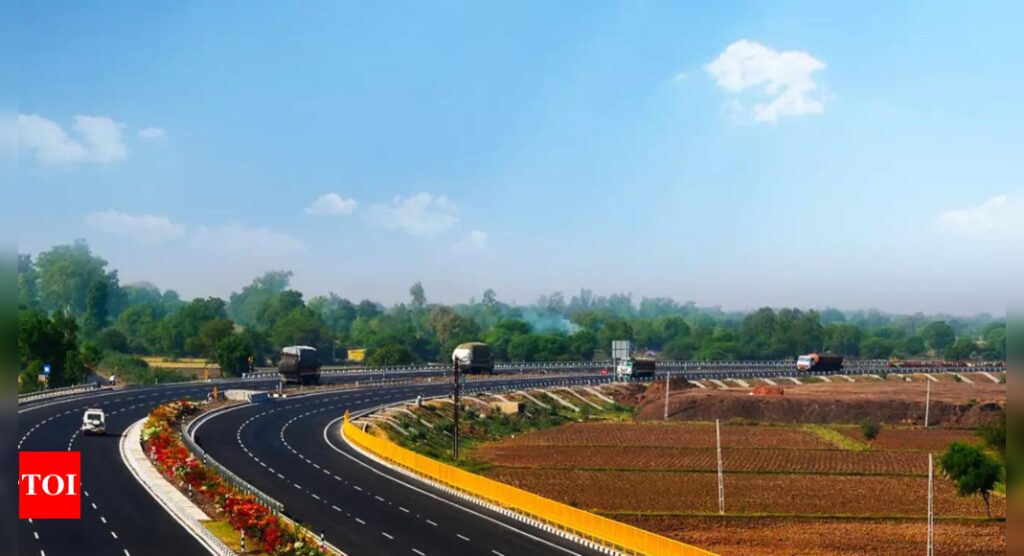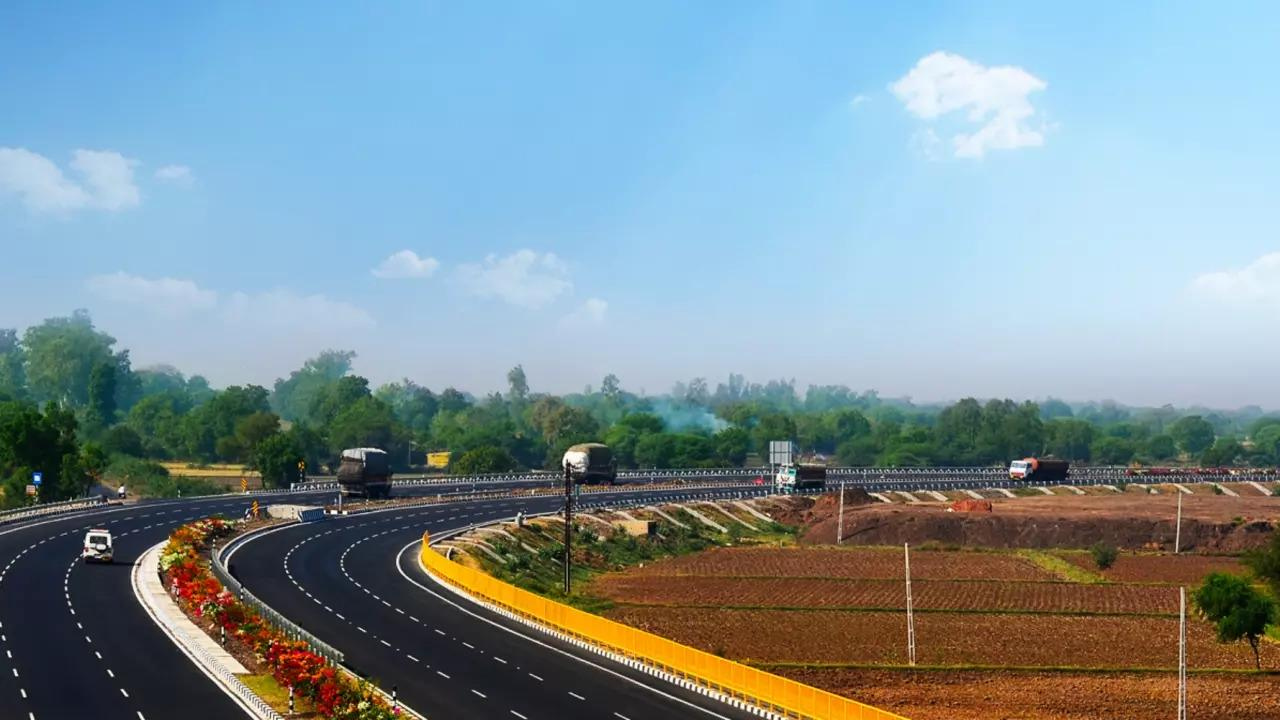[ad_1]
NEW DELHI: Waking up to complaints and issues related to maintenance of National Highways (NHs), the road transport ministry has now made it mandatory for contractors and executing agencies to submit evidence of time-stamped and geo-tagged photos of ‘before works and after maintenance’, while submitting bills.
The move comes amid widespread criticism over the Centre focusing on construction of highways, and often not giving adequate attention to maintenance.
The decision will impact around 10-15% of the nearly 1.5 lakh km network because it deals with only stretches that are not covered by any of the Centre’s programmes and will largely be focused on highways that are converted from state highways to NHs.
Most highways contracts, which have been constructed and widened in recent years, have a maintenance clause built into the arrangement. But the roads that have been converted into NH recently do not have the stipulation and the Centre annually spends around Rs 2,500 crore on maintenance of these stretches. The complaint is that contractors often do a shoddy job, which has prompted the ministry to step in.
The ministry has directed that by November-end, the highway agencies should put all NH stretches under “proper maintenance contract” so that at any given time there is an “accountable maintenance” agency. The contract period will be of maximum one year with the agency tasked with ensuring that a contract is in place at all times and there is no gap between two contracts.
There are three categories of NHs. In the case of highways developed under private sector participation, the maintenance responsibility lies with the concessionaire for the contract period. Similarly, stretches developed with 100% government funding or EPC are maintained by the contractors during the defect liability period ranging from five years to 10 years, as per contract conditions.
The only grey area is the stretches which are yet to be developed and have not been covered under any programme. In such cases, the state public works departments (PWDs) maintain them and raise bills to the Centre for reimbursement. So, p“Proper maintenance of such stretches remains an issue and the Centre gets a bad name as these have been notified as NHs”, an official said.
Contractors now have to submit evidence of time-stamped and geo-tagged photos of ‘before works and after maintenance’, while submitting bills.
The move comes amid widespread criticism over the Centre focusing on construction of highways, and often not giving adequate attention to maintenance.
The decision will impact around 10-15% of the nearly 1.5 lakh km network because it deals with only stretches that are not covered by any of the Centre’s programmes and will largely be focused on highways that are converted from state highways to NHs.
Most highways contracts, which have been constructed and widened in recent years, have a maintenance clause built into the arrangement. But the roads that have been converted into NH recently do not have the stipulation and the Centre annually spends around Rs 2,500 crore on maintenance of these stretches. The complaint is that contractors often do a shoddy job, which has prompted the ministry to step in.
The ministry has directed that by November-end, the highway agencies should put all NH stretches under “proper maintenance contract” so that at any given time there is an “accountable maintenance” agency. The contract period will be of maximum one year with the agency tasked with ensuring that a contract is in place at all times and there is no gap between two contracts.
There are three categories of NHs. In the case of highways developed under private sector participation, the maintenance responsibility lies with the concessionaire for the contract period. Similarly, stretches developed with 100% government funding or EPC are maintained by the contractors during the defect liability period ranging from five years to 10 years, as per contract conditions.
The only grey area is the stretches which are yet to be developed and have not been covered under any programme. In such cases, the state public works departments (PWDs) maintain them and raise bills to the Centre for reimbursement. So, p“Proper maintenance of such stretches remains an issue and the Centre gets a bad name as these have been notified as NHs”, an official said.
Contractors now have to submit evidence of time-stamped and geo-tagged photos of ‘before works and after maintenance’, while submitting bills.
[ad_2]
Source link











More Stories
We can’t wait to face India in the final: Pat Cummins | Cricket News
Railways plans 3,000 additional trains in next 4-5 years to minimise number of waitlisted tickets | India News
Faridabad: Man dies after ‘falling from hotel room window’ while partying with friends